| | ||||||||||
| ||||||||||
| ||||||||||
| ||||||||||
The 1974 New Zealand National Party leadership election was held to determine the future leadership of the New Zealand National Party. The election was won by Tamaki MP Robert Muldoon.
| | ||||||||||
| ||||||||||
| ||||||||||
| ||||||||||
The 1974 New Zealand National Party leadership election was held to determine the future leadership of the New Zealand National Party. The election was won by Tamaki MP Robert Muldoon.
Former Prime Minister Jack Marshall's government had been defeated by Labour in the 1972 general election. There had been some caucus dissension in 1974, encouraged by Muldoon, about whether or not Marshall should lead the National Party into the next election, scheduled in 1975. The party executive asked the caucus to affirm that it supported Marshall continuing as leader. On 3 July 1974, the caucus voted 19 to 13 in favour of having a leadership vote. Believing he would probably lose a vote he sought the advice of MP George Gair who strongly urged him not to stand for re-election. Marshall announced his resignation as party leader the next day on 4 July 1974. [1]
Muldoon was a high-profile member of the National Party. He had served as Minister of Finance under Holyoake since 1967. It was he whose National's shock win in 1969 was attributed and as s result Muldoon had challenged Marshall for the leadership in 1972 but was defeated. Muldoon had become a popular figure with the public and adapted well to the new media of television coverage that other politicians struggled with which increased his campaigning abilities. In opposition, Marshall was shown to be ineffectual at the skills required to topple Labour's popular leader Norman Kirk and as a result National's backbenchers were increasingly looking to Muldoon for leadership raising questions of Marshall. [2]
A leadership election was held on 9 July 1974 in which Muldoon was the only candidate and was acclaimed. [3]
Muldoon became Leader of the Opposition and went on to lead the National Party to victory in the 1975 general election, becoming Prime Minister of New Zealand and would remain in power until the 1984 election. [2] Marshall retired at the 1975 election, serving as Muldoon's Shadow Minister on Overseas Trade until the dissolution of Parliament. [4]
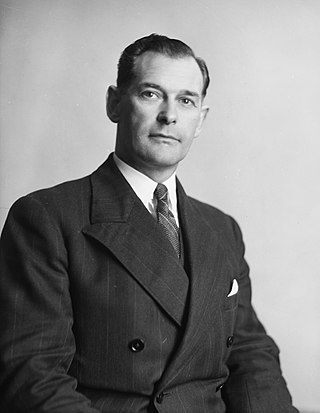
Sir Keith Jacka Holyoake, was a New Zealand politician who served as the 26th prime minister of New Zealand, serving for a brief period in 1957 and then from 1960 to 1972, and also as the 13th governor-general of New Zealand, serving from 1977 to 1980. He is the only New Zealand politician to have held both positions.

Sir Robert David Muldoon was a New Zealand conservative politician who served as the 31st prime minister of New Zealand, from 1975 to 1984, while leader of the National Party. Departing from National Party convention, Muldoon was a right-wing populist and economic nationalist, with a distinctive public persona described as reactionary, aggressive, and abrasive.
The New Zealand National Party, shortened to National or the Nats, is a centre-right New Zealand political party that is the current senior ruling party. It is one of two major parties that dominate contemporary New Zealand politics, alongside its traditional rival, the Labour Party.
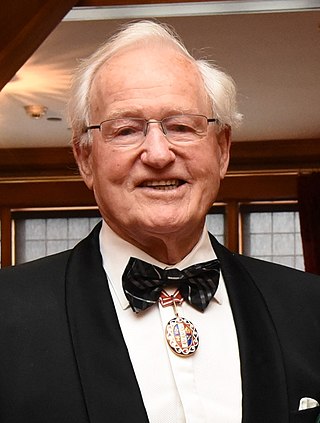
James Brendan Bolger, affectionately called The Great Helmsman, is a New Zealand retired politician of the National Party who was the 35th prime minister of New Zealand, serving from 1990 to 1997.
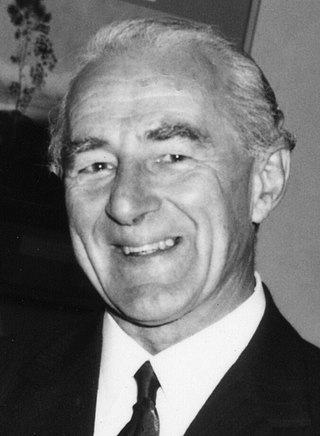
Sir John Ross Marshall was a New Zealand politician of the National Party. He entered Parliament in 1946 and was first promoted to Cabinet in 1951. After spending twelve years as the deputy prime minister of New Zealand, he served as the 28th prime minister from February until December 1972.

Sir William Francis Birch, usually known as Bill Birch, is a New Zealand retired politician. He served as Minister of Finance from 1993 to 1999 in the fourth National Government.

Sir James Kenneth McLay is a New Zealand diplomat and former politician. He served as the ninth deputy prime minister of New Zealand from 15 March to 26 July 1984. McLay was also Leader of the National Party and Leader of the Opposition from 29 November 1984 to 26 March 1986. Following his ousting as party leader, he retired from parliamentary politics in 1987. In June 2009, he became New Zealand's Permanent Representative to the United Nations. In May 2015, McLay became New Zealand's Representative to the Palestinian Authority. From May 2016 to January 2017, he was New Zealand's Consul General in Honolulu.
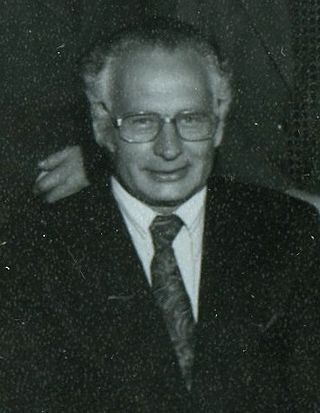
George Frederick Gair was a New Zealand politician. He was once deputy leader of the National Party in the New Zealand Parliament, and was considered by many to be a possible contender for the leadership itself. He was known for his polite and diplomatic style, which often contrasted with the political situation around him – Michael Laws described him as "a refugee from the age of manners."

Sir Brian Edward Talboys was a New Zealand politician who served as the seventh deputy prime minister of New Zealand for the first two terms of Robert Muldoon's premiership. If the abortive "Colonels' Coup" against Muldoon had been successful, Talboys would have become Prime Minister himself.
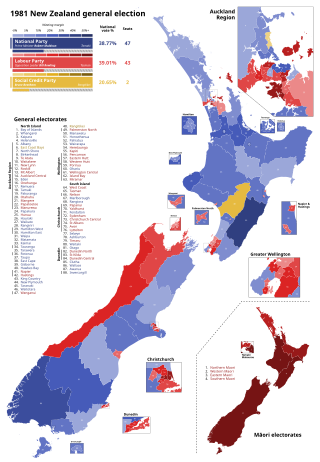
The 1981 New Zealand general election, held on 28 November 1981, was a nationwide vote to determine the shape of the 40th New Zealand Parliament. It saw the governing National Party, led by Robert Muldoon, win a third term in office, but the opposition Labour Party, led by Bill Rowling, won the largest share of the votes cast.

The 1975 New Zealand general election was held on 29 November to elect MPs to the 38th session of the New Zealand Parliament. It was the first general election in New Zealand where 18- to 20-year-olds and all permanent residents of New Zealand were eligible to vote, although only citizens were able to be elected.

The East Coast Bays by-election of 1980 was a by-election during the 39th New Zealand Parliament in the East Coast Bays electorate. It resulted in an upset for the National Party, as their candidate and future leader Don Brash was unexpectedly beaten by Gary Knapp of the Social Credit Party.

Hugh Campbell Templeton is a former New Zealand diplomat, politician and member of parliament for the National Party.
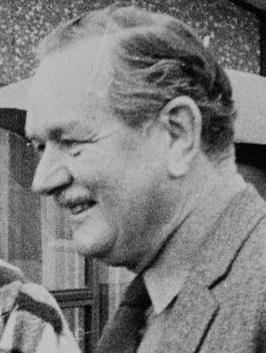
Air Commodore Thomas Francis Gill, was a New Zealand air force pilot and politician. He flew with the Royal Air Force throughout the Second World War and afterwards served with the Royal New Zealand Air Force until 1969. He entered Parliament as a National Party MP in 1969 and served as a cabinet minister from 1975 to 1980, when he resigned to become New Zealand's Ambassador to the United States.

The Moyle Affair was a political scandal that took place in New Zealand in 1976. It involved allegations of homosexuality made in Parliament by Prime Minister Robert Muldoon against opposition MP Colin Moyle. The allegations resulted in a commission of inquiry into Moyle, culminating with his resignation from Parliament.
On 3 February 1983, a New Zealand Labour Party leadership election was held to determine the leadership of the New Zealand Labour Party. The leadership was won by Mangere MP David Lange, who had been Deputy Leader of the party since 1979.

The 1940 New Zealand National Party leadership election was held to determine the future leadership of the New Zealand National Party. The election was won by Christchurch North MP Sidney Holland.

The New Zealand National Party leadership election was held to determine the leadership of the New Zealand National Party. The election was won by Karori MP Jack Marshall.
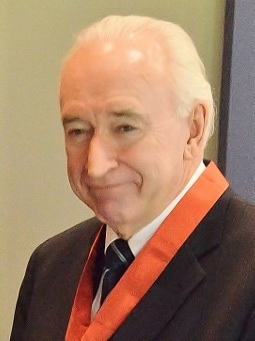
The 1984 New Zealand National Party leadership election was held to determine the future leadership of the New Zealand National Party. The election was won by former deputy prime minister Jim McLay.
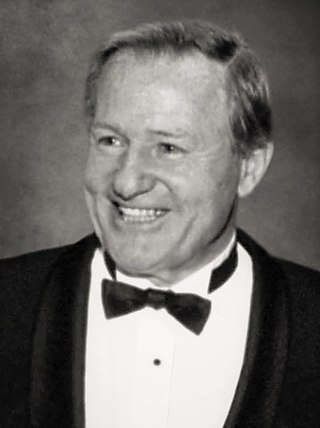
The New Zealand National Party leadership election was an election for the National leadership position in 1986.